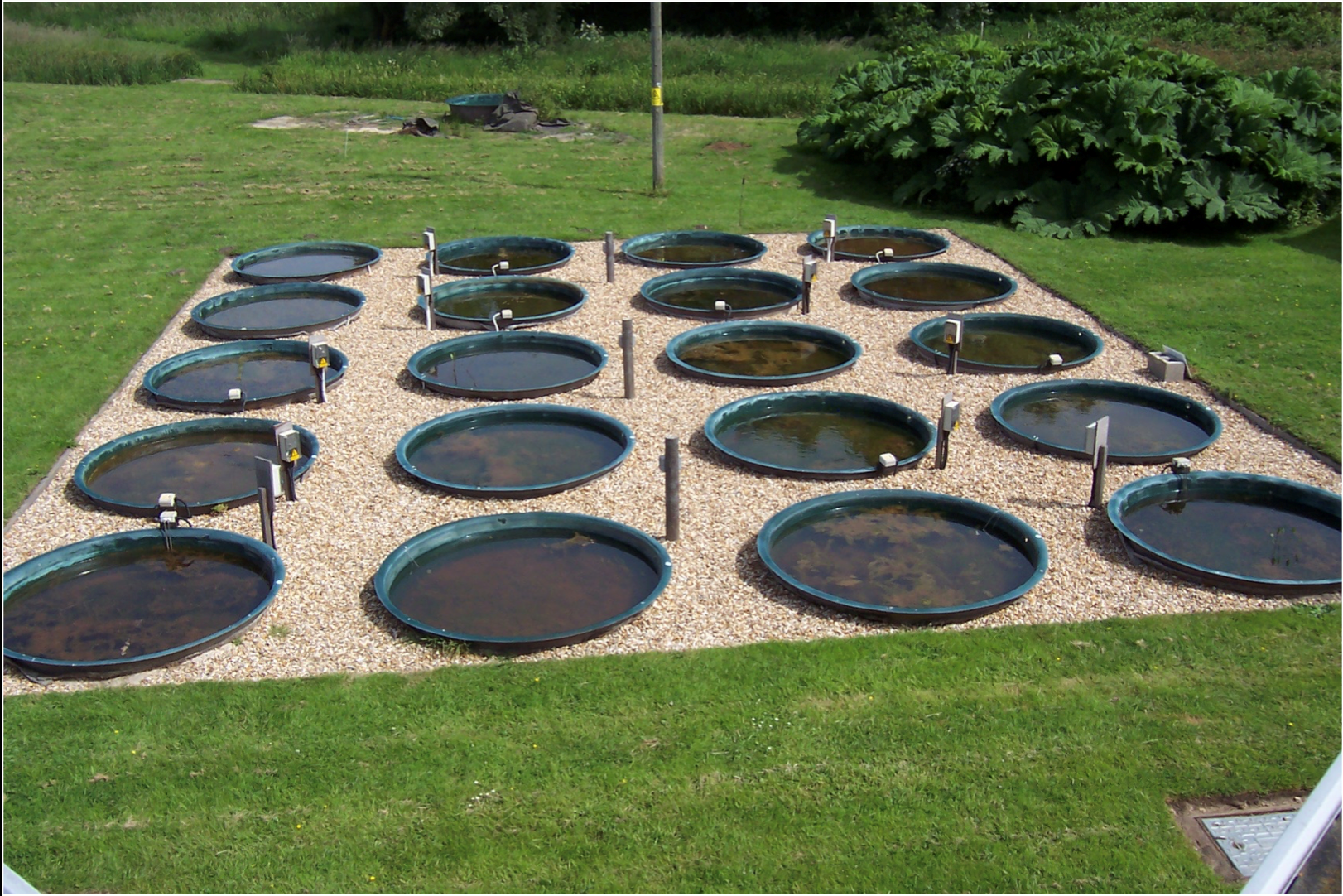Climate crisis: Global temperature rises threaten food chains and the survival of larger animals
Warmer conditions result in less efficient energy transfer, ultimately causing reductions in biomass

Your support helps us to tell the story
From reproductive rights to climate change to Big Tech, The Independent is on the ground when the story is developing. Whether it's investigating the financials of Elon Musk's pro-Trump PAC or producing our latest documentary, 'The A Word', which shines a light on the American women fighting for reproductive rights, we know how important it is to parse out the facts from the messaging.
At such a critical moment in US history, we need reporters on the ground. Your donation allows us to keep sending journalists to speak to both sides of the story.
The Independent is trusted by Americans across the entire political spectrum. And unlike many other quality news outlets, we choose not to lock Americans out of our reporting and analysis with paywalls. We believe quality journalism should be available to everyone, paid for by those who can afford it.
Your support makes all the difference.Temperature rises due to the global climate crisis are putting growing pressure on food chains, ultimately threatening the survival of larger animals, new research shows.
The study examined the transfer of energy from tiny single celled organisms up to large mammals, and found that 4C of warming reduced the energy transfer by up to 56 per cent - posing a grave risk to animals higher up the food chain.
The scientists from the University of Exeter and Queen mary University of London, measured the transfer of energy from phytoplankton - a kind of single-celled algae, to small animals which eat them - (zooplankton).
It revealed how warmer conditions increase the “metabolic cost” of growth, meaning there was less efficient energy flow through the food chain, and consequently a reduction in overall biomass.
“These findings shine a light on an under-appreciated consequence of global warming,” said Professor Gabriel Yvon-Durocher, of the Environment and Sustainability Institute on Exeter’s Penryn Campus in Cornwall.
“Phytoplankton and zooplankton are the foundation of food webs that support freshwater and marine ecosystems that humans depend on.
“Our study is the first direct evidence that the cost of growth increases in higher temperatures, limiting the transfer of energy up a food chain.”
The study measured the nitrogen transfer efficiency - a proxy for overall energy transfer - in freshwater plankton which had been exposed to a seven-year-long outdoor warming experiment in the UK.

Professor Mark Trimmer, of Queen Mary University of London, said: “If the effects we find in this experiment are evident in natural ecosystems, the consequences could be profound.
“The impact on larger animals at the top of food chains - which depend on energy passed up from lower down the food chain - could be severe. More research is needed.”
The climate crisis means average temperatures around the world have already risen by over 1C since the pre-industrial era, reversing a 6,000 period of slow global cooling.
As the world warms, different areas are warming at very different rates, with the polar regions heating faster than other parts of the globe - especially in the northern hemisphere.
In the Arctic’s Svalbard, average temperatures have already increased by up to 4C.
While changes to weather can result in easily observable impacts on the natural world and its complex food webs, the longer term impacts of a warming world on these systems is not well known.
“In general, about 10 per cent of energy produced on one level of a food web makes it up to the next level," said Dr Diego Barneche, of the Australian Institute of Marine Science and the Oceans Institute at the University of Western Australia.
“This happens because organisms expend a lot of energy on a variety of functions over a lifetime, and only a small fraction of the energy they consume is retained in biomass that ends up being eaten by predators.
“Warmer temperatures can cause metabolic rates to accelerate faster than growth rates, which reduces the energy available to predators in the next level up the food web.”
The research is published in the journal Nature.




Join our commenting forum
Join thought-provoking conversations, follow other Independent readers and see their replies
Comments